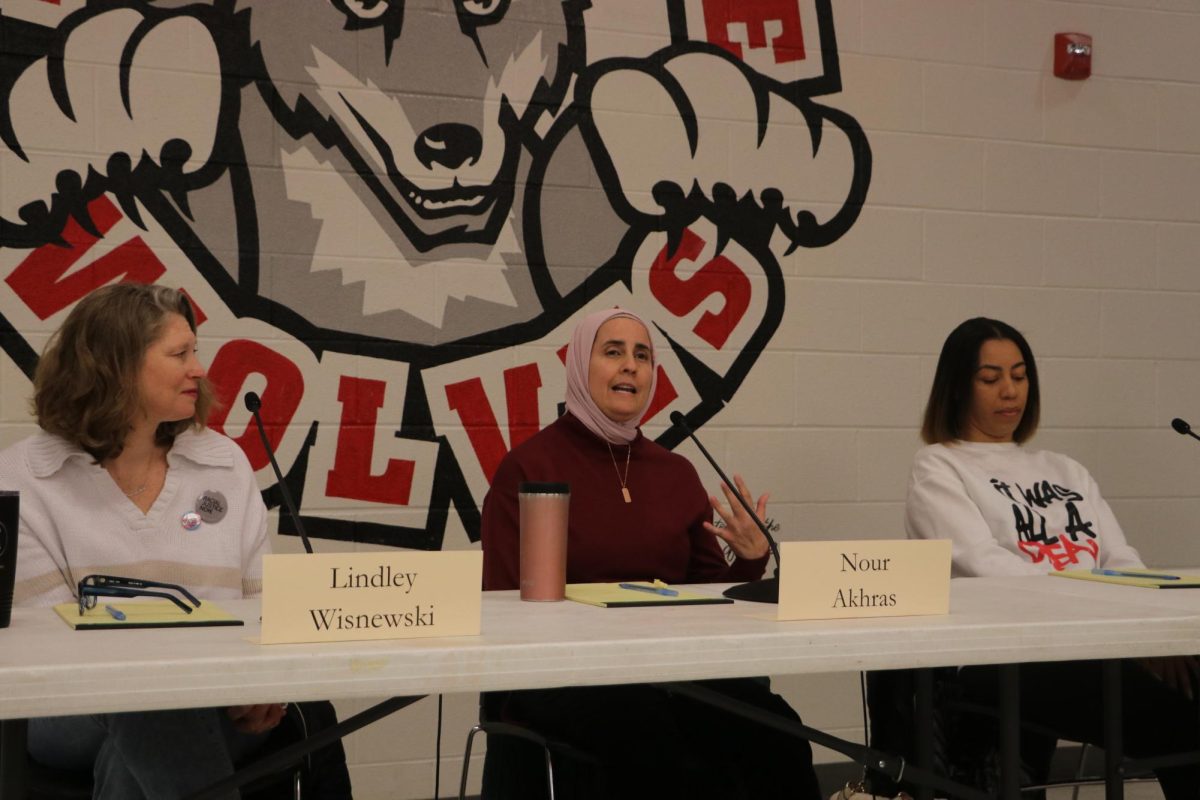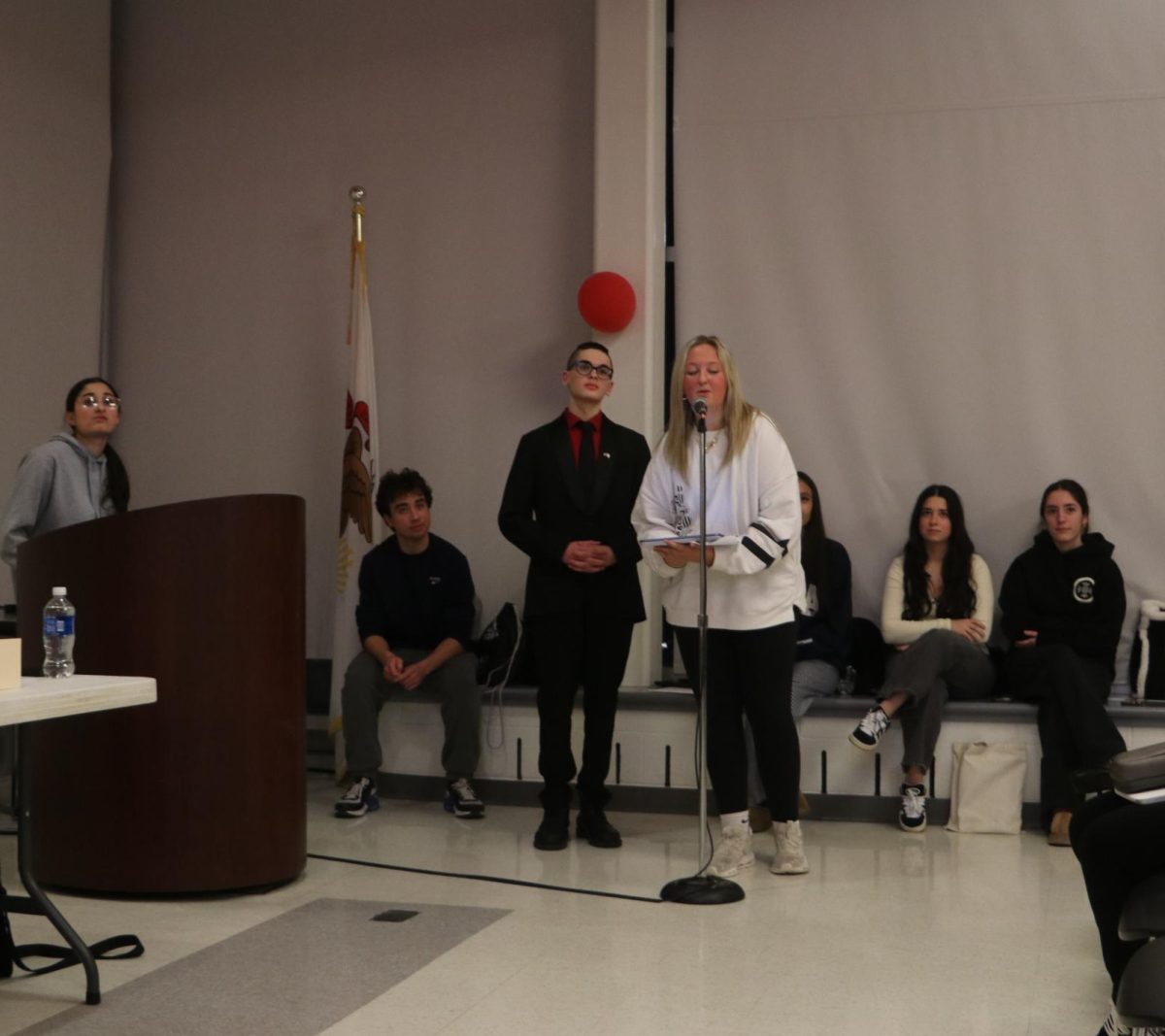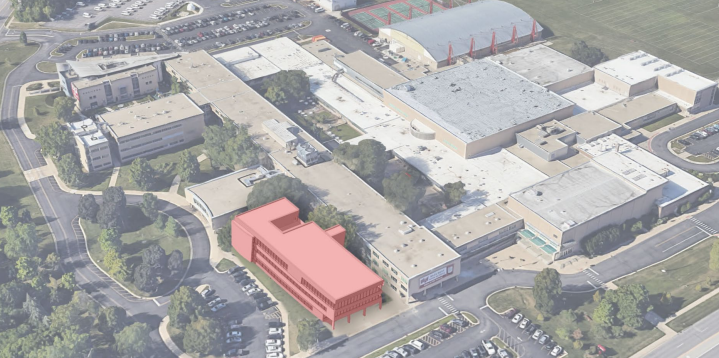This is the third in a series of four news stories that look into the Annual Review of Programs.
In addition to the school day and surveys, the school-based health clinics will also be discussed at the Town Hall Meeting Tuesday, Nov. 5 at Niles North High School.
According to the Annual Review of Programs (ARP), the district is investigating the addition of school-based health clinics at Niles North and Niles West, which would provide students with access to medical and mental health care. The project is estimated to cost $1.4 million (at West) and $1.7 million (at North), which the district hopes to fund through grants and other sources, according to the ARP.
“We realize that in order to achieve our goal of increasing the academic achievement of every student, District 219 needs to take into account ‘the whole student,’ which includes basic health and nutrition needs,” community relations director Jim Szczepaniak said. “We are proud that we have an excellent Student Services staff, including counselors, social workers, nurses and psychologists, who take care of many of our students’ social, emotional and mental health needs. However, some students lack basic health care, and that is a need we believe could be addressed by a school-based health clinic.”
The NTFT (teacher’s union), however, is concerned that the clinics might be staffed by people who are not certified to work in schools, according vice President of NTFT Steve Grossman.
“We believe that they should bring in services students currently cannot get at school, otherwise, we do not need outsourcing. The students are better off with nurses, psychologists, and social workers who are certified to work in educational environments, with people who do not come and go,” Grossman said.
School nurse Dawn Rosen said the nurses do not know much about the health clinic’s proposal.
“They never said anything to us,” Rosen said. “They put out the proposal and nobody’s ever gotten back to us. We have no idea what they’re talking about. We don’t know what to do.”
According to Szczepaniak, staffing will be determined after a provider is selected.
“If the district establishes clinics, after a provider is selected and depending on the services they will offer, we will staff accordingly,” Szczepaniak said. “We will have school nurses, social workers and psychologists on our staff. The number of staff members will be determined by student need, which is the same process we use every year for staffing. There is no set number of social service staff that will by employed from year to year; student need and programming dictate the number of staff needed. This is no different than staffing any other department.”
School psychologist Dana Kantor said she welcomes the clinic.
“We think it will help students who are medically under served by providing medical treatment that is easily accessible. Eligible students who have medical issues, who are for whatever reason unable to access medical providers in a timely manner, will be treated more quickly. As a result, they will most likely be healthier. Prevention and early medical intervention is essential to good health,” Kantor said.
The clinic would be open year-round from 7 a.m. until 5 p.m. Monday through Friday, with reduced hours on Saturday. The clinic, just like the school, would operate year-round.
In addition to medical services, the school-based health clinic will also provide individual, group and classroom educational programs, such as health and family life education, tobacco cessation, alcohol and substance abuse prevention, risk assessment, cooking/dietary classes, AIDS prevention, and more. according to the ARP.









